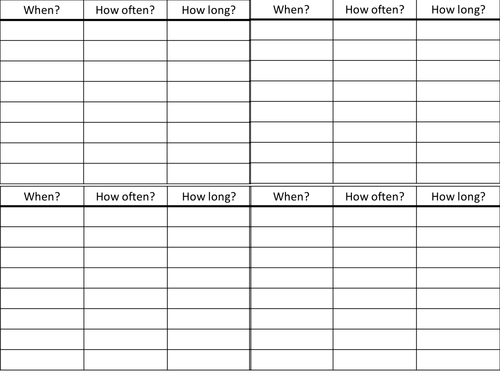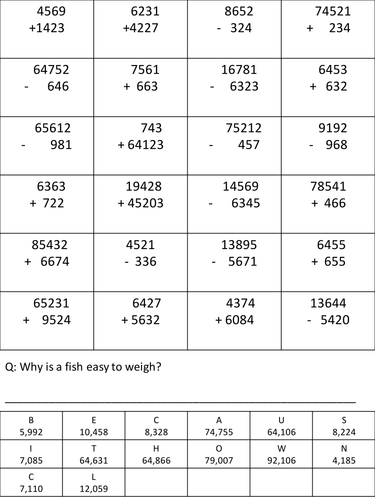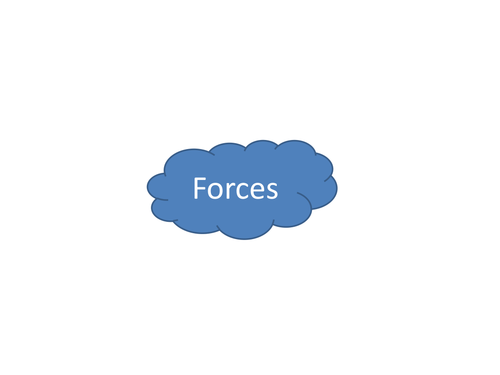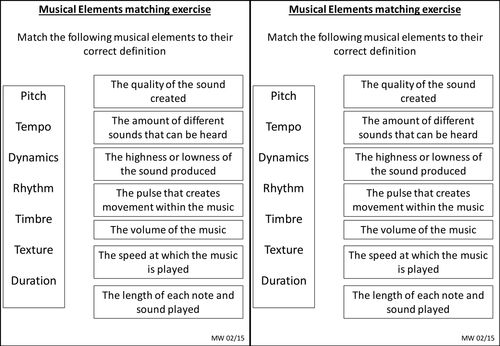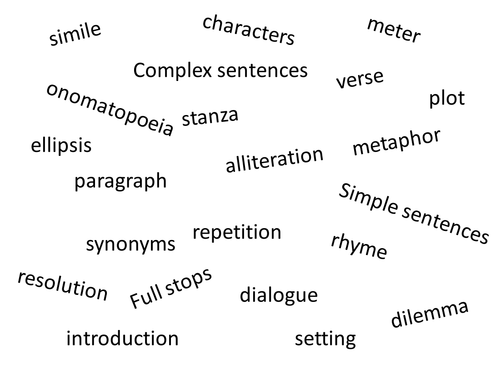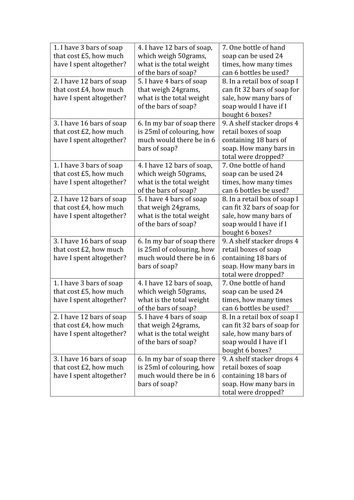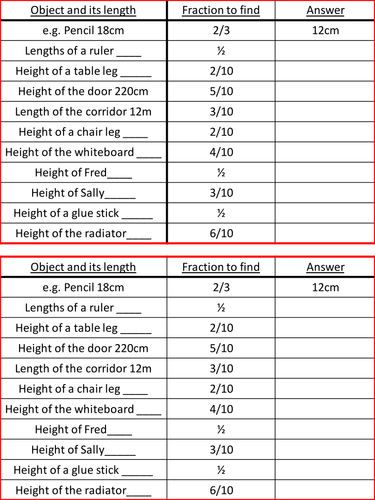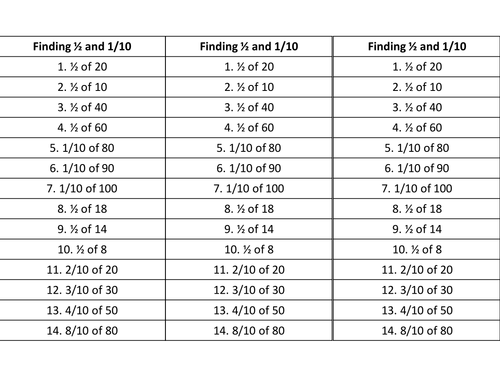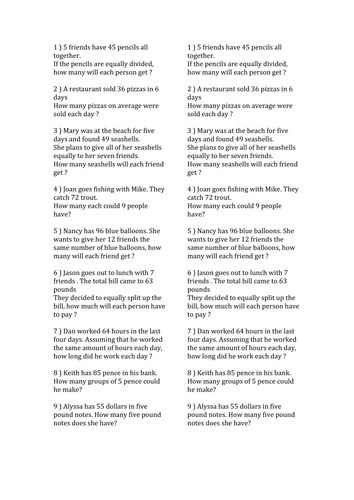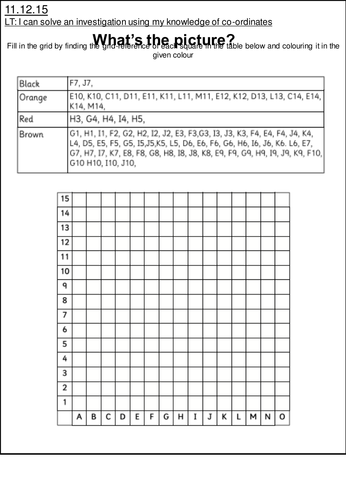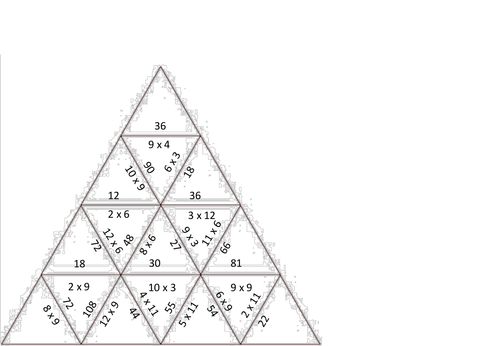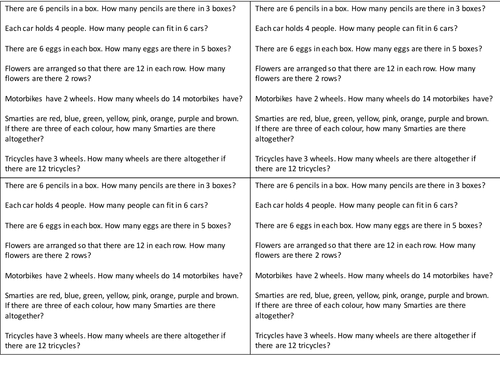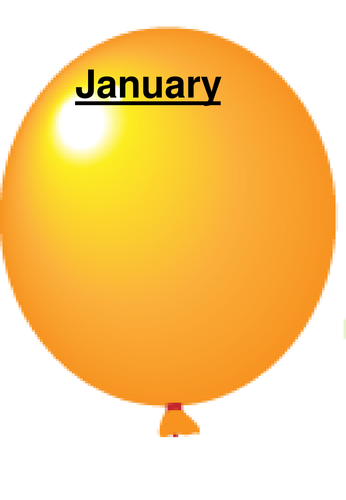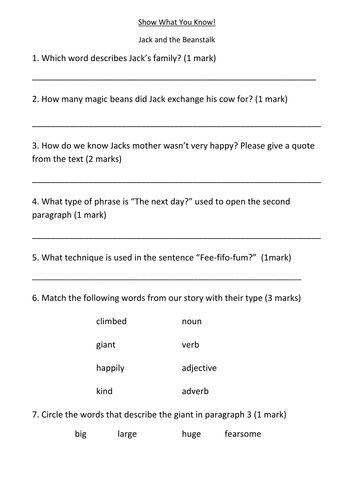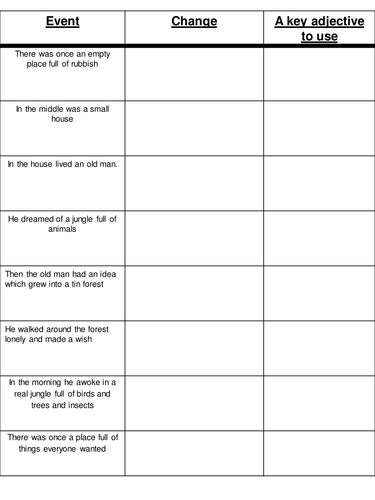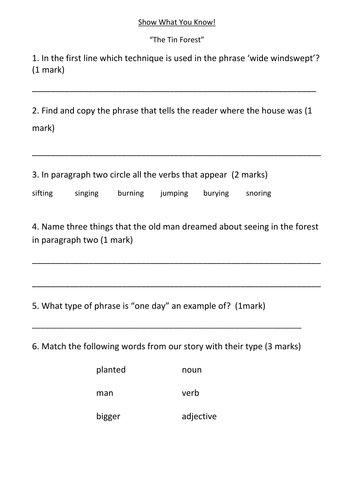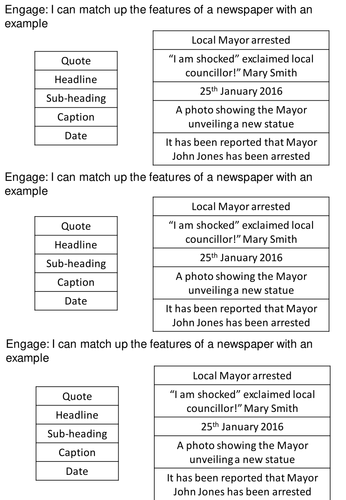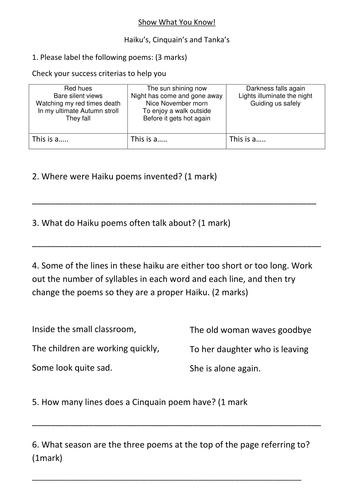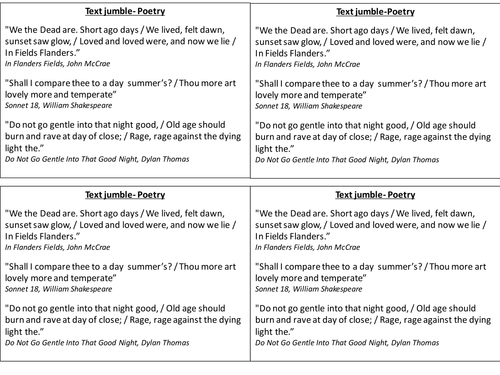
50Uploads
55k+Views
2k+Downloads
All resources

Time adverbials sorting exercise
A word mat of lots of different adverbials for children to classify into adverbials that state
when something happens
how often something happens
and how long something takes

Addition and subtraction code breaking exercise
A mixture of addition and subtraction questions up to 5 by 2 digits subtraction and 4 by 3 addition to challenge year 5 children. All the answers correspond to a letter below which spell out the answer to a joke!
A great motivator to help children work through a series of addition and subtraction problems

Guess the forces shown quiz and how to convert gravity weights on earth the moon and mars
A quiz asking children to guess the name of the force shown in the pictures before revealing the answers.
Forces include; push, pull, twist, friction, gravity, air resistance, magnetism and buoyancy
Then there is a table activity asking children to weigh different objects and then showing them how to convert to find the effect of gravity on the moon and mars used with a Year 5 class

Elements of music matching exercise, graphical score notation grid, Brazilian carnival instruments
Three resources used to deliver a Year 5 music lesson
The first is a matching exercise of key music elements; pitch, tempo, etc.. with a simple definition
The second is a grid used for children to create their own graphical notation score by creating a key to represent different instruments and sounds and then plotting them in a 6 x 6 grid
Then there is a slide show with facts about different carnival instruments; Agogo bells, Caixa drum, Surdo,

Poetry and Story techniques venn diagram sorting worksheet
2 files to test children's knowledge about story and poetry techniques.
On one page there is a jumbled word bank of a wide range of Literacy techniques a Year 5 child should know and then there is a venn diagram worksheet for the children to sort between story techniques, poetry techniques and then of course any that could be found in both.
For the more able children I chose to let them write the techniques and for a support children could cut and stick into the relevant sections on an enlarged diagram sheet

4 way differentiated 'soap making' themed multiplication worded problems
4 sets of worded problems asking children multiplication questions based around the theme of soap making and production, units of measurement for the questions include £ and pence and g and ml
BA, 2 digit by 1 multiplication
A, 2 digit by 1 and 2 digit by 2
AA 3 digit by 1 digit multiplication
HA some 4 digit by 1 and some decimal amounts by 1 and 2 digits

4 way differentiated finding fractions of amounts from children's own measurements
A great lesson this, requiring children to use their measuring skills, fraction knowledge and multiplication skills.
There are 4 tables of common different classroom objects children have to measure, including editable names of children in the class! (Just made up in this example, but I changed to include names of children in my class, created a real buzz)
Children have to measure the objects, record the length, then find the fraction and record their answer.
The BA have to find 1/3's and 1/10's
A have to find multiples of 1/3's and 1/10's
AA have to find a mixture of different amounts including 1/10's 1/5's and 1/3's
and the MA have to find even more complex fractions of amounts of the objects they have measured.

4 way differentiated fractions of amounts questions
A set of 4 way differentiated questions asking children to find fractions of amounts.
The BA questions ask children to find 1/2 and 1/10's
The A questions ask children to find 1/2 1/5's and 1/10's
The AA questions ask children to find 1/2, multiples of 1/5's and multiples of 1/10's requiring children to find 1/5 and 1/10 first then multiply by the numerator
The challenge questions ask children to find quantities of a variety of 3 digit amounts

4 way differentiated division worded problems
4 sets of differentiated division worded problems used with Year 4.
For the BA the questions only ask children to divide by 2, 5 and 10
For the A they have to divide 2 digits by 1
And for the HA 3 digits by 1 digit division
The Blue group questions provided a real challenge asking children to divide 3 digits by 2 and some 4 digits by 2
Children can use their multiplication facts, bus stop division or short division methods to help them

3 way differentiated Christmas themed co-ordinates activities
The BA question asks children to identify the co-ordinates of the location of different Christmas pictures
For the A, a co-ordinate colouring by numbers. Children have to find the co-ordinates, draw the picture then colour .
For the MA they have a series of co-ordinates to plot on squared paper to draw a Christmas tree

Division by 10, 100 and 1000 questions
Two differentiated sets of questions assessing children's place value and ability to divide by 10, 100 and 1000
Also contains a PowerPoint with 2 sets of models how to divide by 10, 100 and 1000 using the place value chart also with questions to assess. They simply walk children through the steps needed to divide by 10, 100 and 1000
Used with year 4

EDITABLE! Multiplication triangle jigsaw 6's and 9's
Looked around for a long time at these multiplication jigsaws, such a good idea for lesson starters/plenaries but couldn't quite find the one I needed, and one I used had a mistake in!
So I decided to create my own version where all the questions and answers can be edited, the rotation is all set up in a PPT file which took the time to sort
This means that this jigsaw can be used/adapted to suit any maths need, or any other subject for that matter.
At the moment the current version is set up with questions in the 6 and 9 times table

3 way differentiated multiplication worded problems
A set of different multiplication worded problems differentiated 3 ways.
For the BA they are asked to multiply mainly units by units using common multiplication facts with a few TU x U
For the A there questions involve multiplying TU x U
For the HA the questions ask children to multiply HTU by U
Used with year 4, questions and numbers can be edited/adapted

Birthday balloons
A set of different coloured balloons with the names of the months written on them.
They can either be printed out and laminated to create a whiteboard on which children's names and birthdays can be written or edited on the computer and printed out

Jack and the Beanstalk text and comprehension
A SAT's style comprehension reading activity and questions based around the traditional tale Jack and the Beanstalk
Questions focus on word classes, authorial intent and ask children to provide evidence, quotes from the text

"The Tin Forest" story innovation table
A three way differentiated document boxing up the key events that happen in "The Tin Forest" story by Helen Ward and Wayne Anderson.
The tables allow children to plan how they might innovate the key events in the story and gives space for children to add in a key adjective they might use BA and a key sentence they might use A.
For the HA the table is blank allowing them to 'box up' the stories key events for themselves and plan their innovation to re-write.
A great resource for helping children cover the NC objective of being able to:
plan their writing by:
discussing writing similar to that which they are planning to write in order to
understand and learn from its structure, vocabulary and grammar
discussing and recording ideas

The Tin Forest comprehension test
A series of different SATs style comprehension questions based around the popular picture book "The Tin Forest" by Helen Ward and Wayne Anderson
Tests children's knowledge of literary techniques, word classes, and authorial intent
Answers are also included
Used with a Year 4 class

Newspaper Article Features and example matching exercise
A matching exercise asking children to match the newspaper feature, e.g. headline, strapline, caption etc.. with an example.
Used to assess childrens prior knowledge of newspaper articles in Year 4

Haiku, Tanka and Cinquain comprehension activity
A comprehension questions and text based around the three types of poetry above.
The resource contains 3 poems with a series of questions based around the number of syllables in each line, it also checks childrens understanding of the poetry rules and authorial intent

3 jumbled up lines of famous poems for children to read and re-order
In Flanders Fields, John McCrae
Do Not Go Gentle Into That Good Night, Dylan Thomas
Sonnet 18, William Shakespeare
Used with Year 4

